
There are about 55 related results

There are about 55 related results
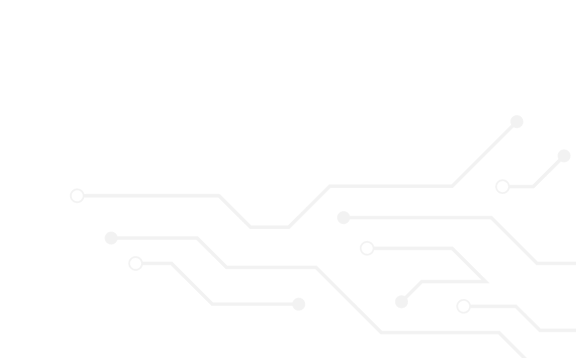


Chinese auto giant Changan Automobile plans to launch eight self-developed battery cells by 2030

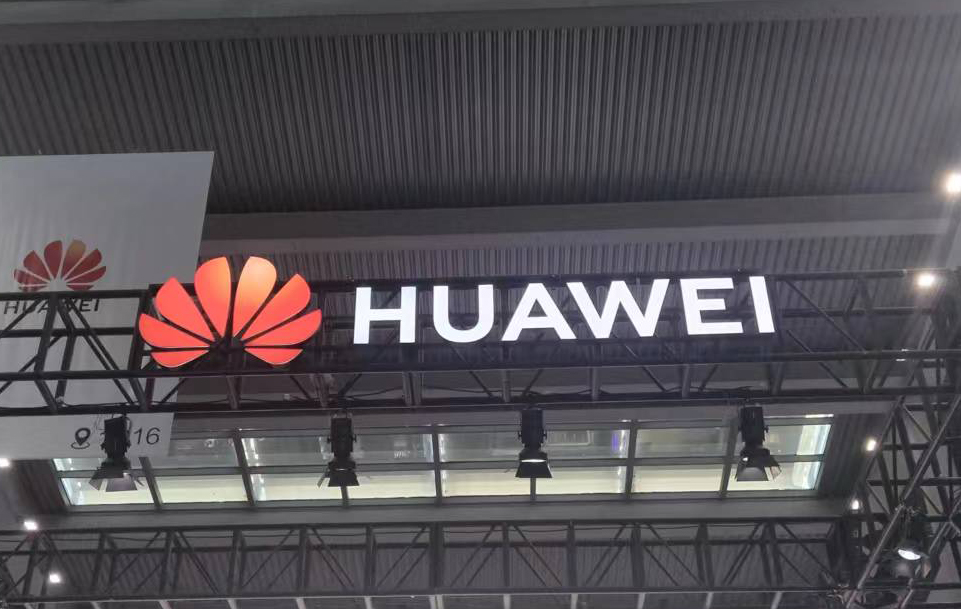
Chinese tech giant Huawei Technologies and eastern Chinese carmaker Chery Automobile jointly released smart vehicle model Luxeed S7 on November 9.


Chinese auto giant Changan Automobile is working on setting up a European headquarters to develop and introduce a series of localized products and expand its presence in the global market.

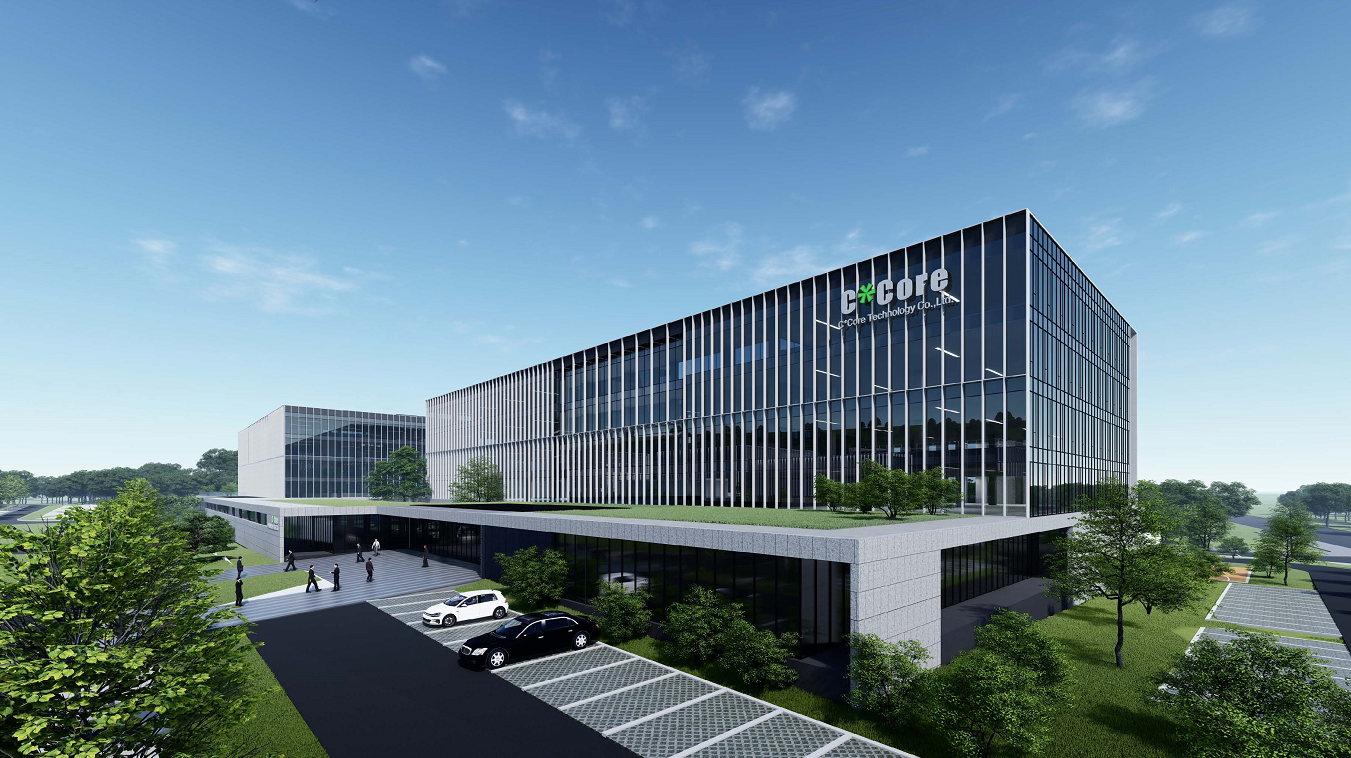
Chinese chip design house C*Core Technology (国芯科技) passed recent internal testing for its newly developed next-generation automotive MCU product

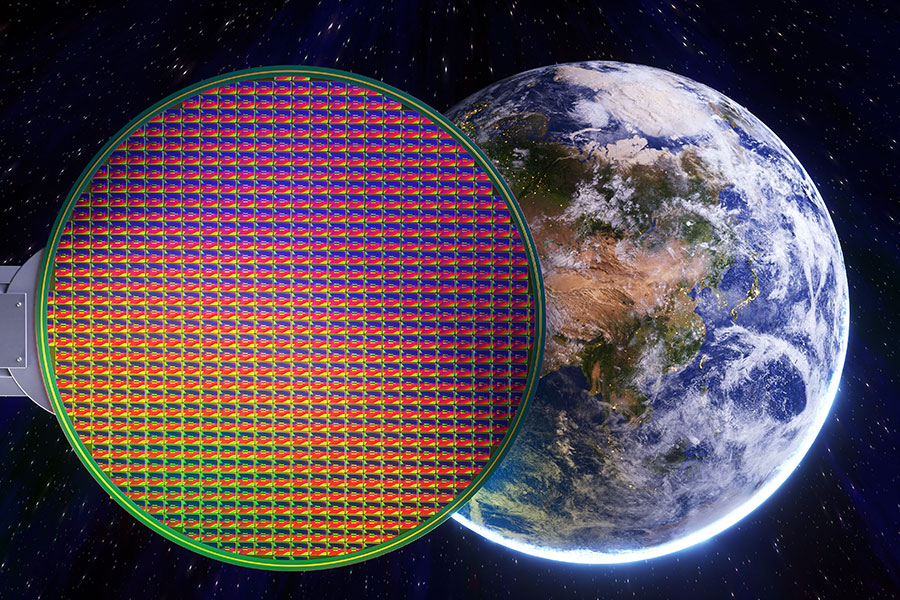
Chongqing Xinlian IC (重庆芯联), a new IC company in southwestern China's Chongqing City, was established on October 11, JW Insights learned from Tianyancha, a provider of Chinese corporation data and due diligence platform.


Chinese automaker Changan Automobile aims to enter the key markets of Southeast Asia and Europe by 2024

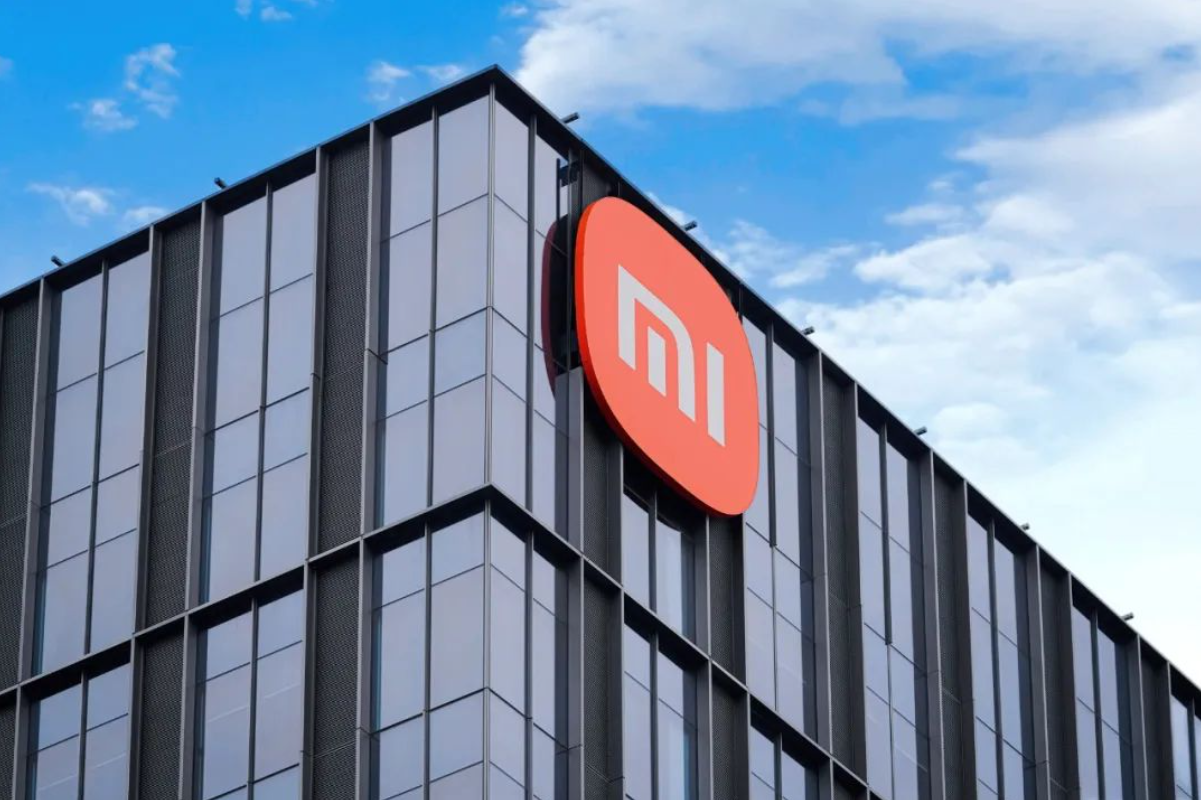
Xiaomi’s automobile production base in Beijing’s Tongzhou has entered the final stage of production debugging


Chinese carmaker Geely Automobile’s subsidiary Lynk & Co released its new model recently in Beijing, with the country’s first self-developed automotive-grade 7nm mass-produced chips, JW Insights reported.


China's automobile export value registered at RMB442.7 billion ($60.42 billion), an increase of 104.4% year on year in the first eight months of 2023.

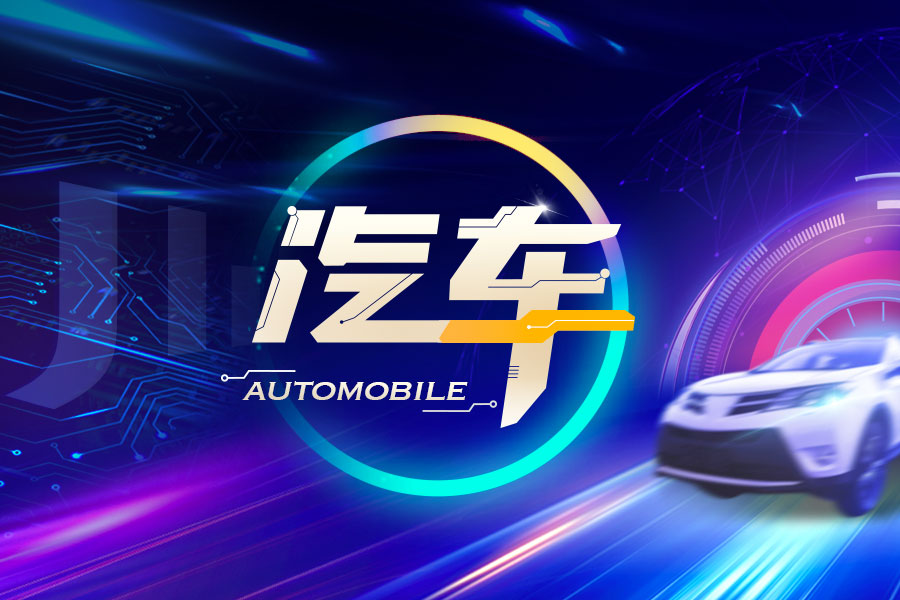
China's auto industry registered steady expansion in terms of production, revenue, and profit in H1


No Data Yet~

No Data Yet~